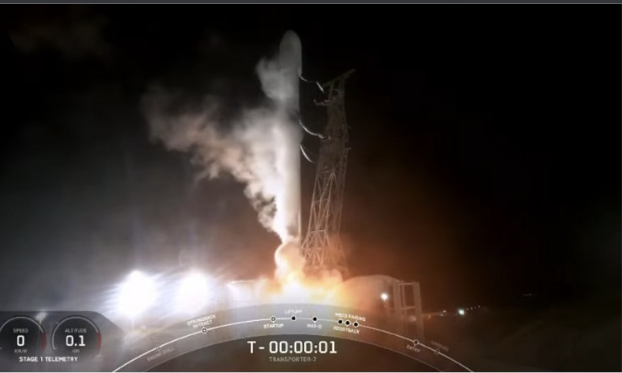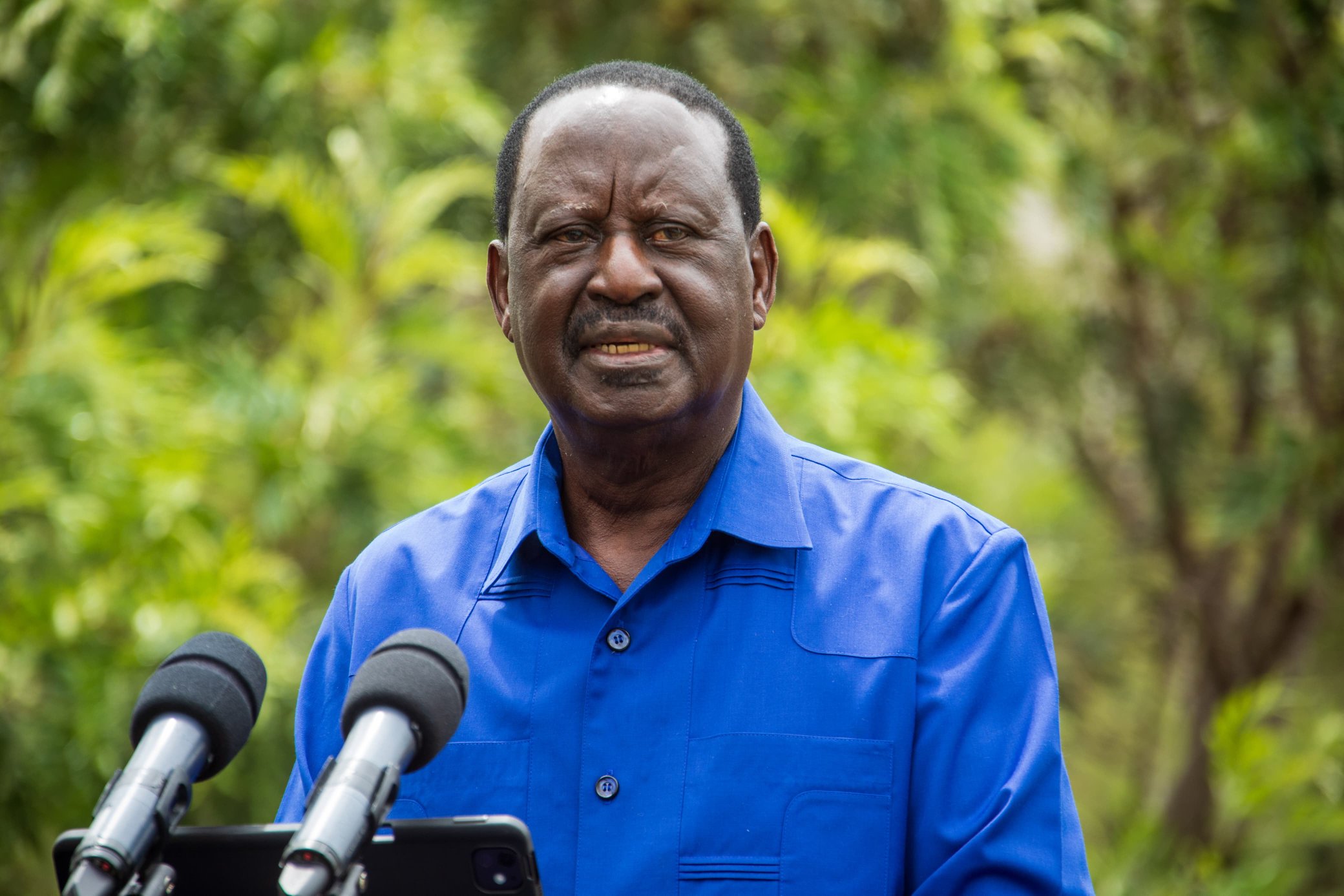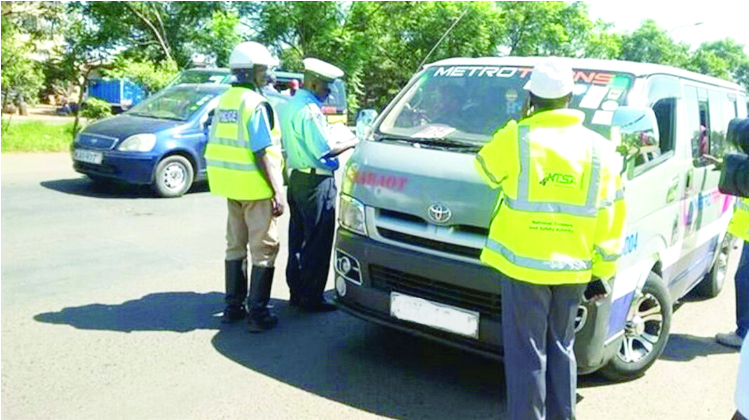Kenya must tap Taifa-1 potential

Kenya successfully deployed its first earth observation satellite to orbit on Saturday joining an elite club of nations with such utilities.
Dubbed Taifa-1, it was among the satellites on SpaceX’s Falcon 9 rocket, which lifted off from Vandenberg Space Force Base in California, opening up Kenyans to the budding space economy.
While the rocket’s launch was aborted twice due to bad weather, the launch enables Taifa-1 to fly over Kenya every four days, which is a source of national pride.
This is a culmination of events which started with the launch of an experimental nanosatellite that lifted from the International Space Station in 2018. While some may argue that the Sh50 million spent on the satellite could have been used for other social projects that have a more immediate and tangible impact on ordinary citizens, the opposite is true. If well utilised, the satellite can be a major milestone that will help Kenya’s economic and social development.
The utility will not only enable Kenya to gather data which will go a long way to help make decisions on agriculture, land and environment monitoring among other uses, but it opens a new territory in an economy estimated to be worth billions of shillings in Africa alone.
It will provide more accurate weather forecasts, which will be useful for farmers, fishermen, and other individuals who rely on weather information to make decisions.
Coming at a time Kenya is suffering one of the worst droughts and cost of living surging to unacceptable levels, the launch adds the push for scientific innovation and the development of space programmes. The launch is therefore expected to enhance the country’s capacity to monitor and respond to natural disasters, such as floods, droughts, and earthquakes. This will help to mitigate the impact of disasters on citizens.
The satellite is expected to provide valuable data on natural resources, including forests, water resources, and minerals. This will go along way to help citizens who rely on these resources for their livelihoods.
As data from the satellite is expected in the coming months, Kenya Space Agency which manages the utility will distribute it for free to State agencies, but sell the information to private companies at a fee.












